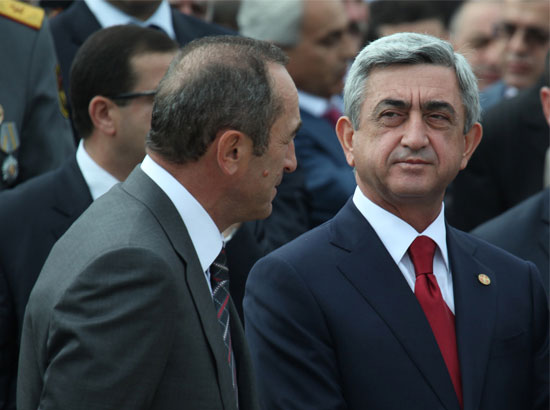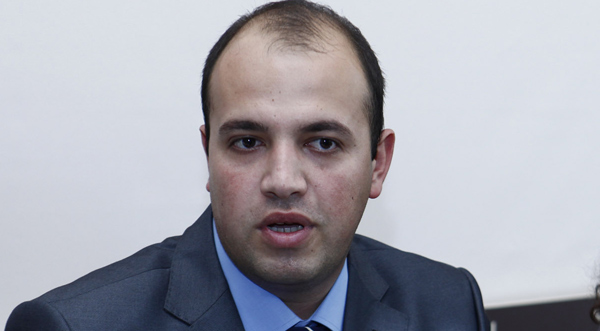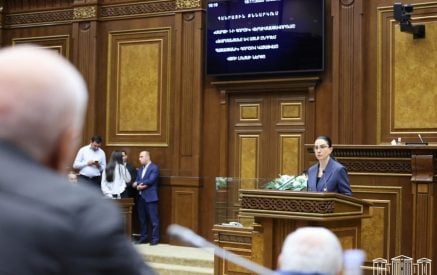“Judging from the vocabulary of political figures of the two sides, the Armenian-Turkish relations, undoubtedly, are worsened,” such opinion was expressed by the Second President of Armenia, Robert Kocharyan, in the interview to his non-official website. On this issue, according to Kocharyan, “the Armenian-Turkish protocols signed in 2009 also played a negative role”. The second president calls them “still-born” and notes, “They still raised excessive expectations as in Armenia so as in Turkey and the international community… as long as the RA signature is not recalled from the protocols, the efforts towards the recognition of Genocide internationally are unlikely to be tangible. Along with this, few people nowadays believe the operational perspective of the Armenian-Turkish border, while it was the only thing that Armenia could receive from the fulfilment of the protocols.”
Political scientist Hrant Melik-Shahnazaryan does not agree that the Armenian-Turkish relations are worsened. He substantiates, “They have never been good and relations as such have never been. There was always more of anti-combat history or enmity. Hence, compared with what they have worsened, I cannot understand, there is no precedent.” Regarding the inefficiency of protocols, Hrant Melik-Shahnazaryan also does not agree with Robert Kocharyan. “The protocols at least resolved the possibility of exerting the subsequent political pressure against Turkey. By rejecting and putting forward preconditions for verification of protocols, Turkey once again proved that it is not ready for political dialogue, thereby enabling the Armenian side and the international community to intensify the Armenian issue and to use against Turkey.”
The political scientist is sure that the protocols had a positive role also in strengthening Armenia’s reputation internationally. And as to why these “stillborn” protocols are preserved and the RA signature is not recalled, Mr. Melik-Shahnazaryan explains, “There is still a limit for using the Turkey’s denial policy and making new revelations, this is why they are preserved.” Hrant Melik-Shahnazaryan considers all other observations as “subjective” and assures that the Armenian Genocide recognition process has not suffered from this existence of these protocols, and as an assurance, he brings the example of the countries that have recognized the Armenian Genocide and have adopted criminalizing resolutions.
Read also
Tatev HARUTYUNYAN






















































